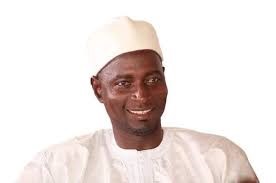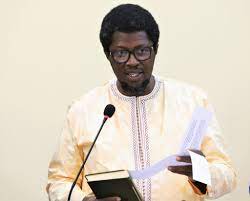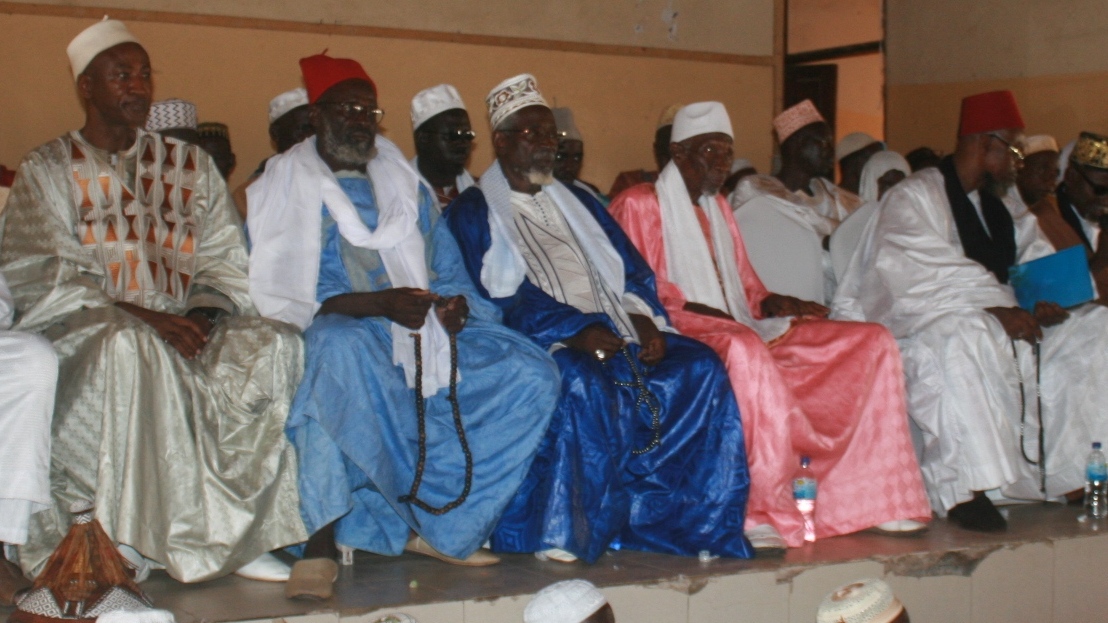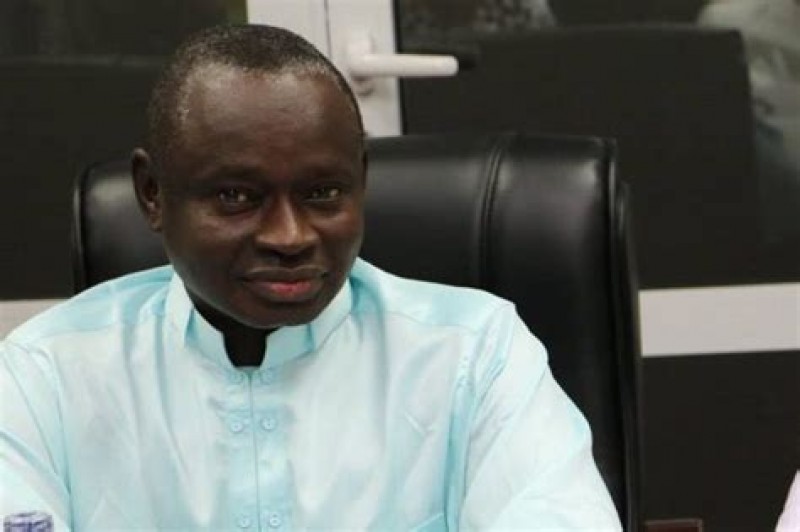By Adama Makasuba
Honourable Seedy Njie, Deputy Speaker of the National Assembly has called for a mutual relationship between the military and the civilians during a two-day interface dialogue between the military and journalists, a forum held at the Officer’s Mess in Kotu.
“I wish to recommend as follows that the military and civilians should see each other as partners, and the military exists because of the State that’s the people, and the people live in a peaceful and secure environment because the military protects from both internal and external threats. As the military exists because of the people, it is, therefore, paramount for the parties to know their limitations to enjoy cordial relations in this way, both the military and citizenry will develop trust and confidence in each other,” he said.
“The military should uphold a fundamental principle of being subordinate to civil authority at all times at the exercise of their constitutional mandate. There should also be a mutual understanding between the military and civilians,” he added.
He, therefore, urged both military and the civilians to respect each other and live in harmony as enshrined in the country’s 1997 constitution.
“I am particularly interested in this discourse as a chairperson of the National Assembly select committee on defense and security. A committed, particularly, interested as peaceful core existence of the military and civilians will not only consolidate peace but also strengthen and widen democracy space especially the new dispensation under the leadership of President Adama Barrow,” he said.
“And the government is committed to the security sector reform in which the military and other security services would live in peace and harmony with the civilians who will understand the primary role and responsibilities of the military,” he added.
According to him, civil-military relations are well defined as a web of relations between the military and the society within which it operates, adding that
“In my personal view the strong relations between civilians and military, when the military got involved in politics. The many coups that the African continent experienced after post-independence aggravated the matter. Military ascendency to the helm of affairs of state means they have assumed both military security and civil governance.
“In The Gambia section, 186 of the 1997 constitution provides the establishment of armed forces of The Gambia which include the army, navy and air force. Section 187 sub-section 1 describes the principal function of the armed forces. It’s one to preserve and defend the sovereignty and territorial integrity of The Gambia to aid civil authority in emergencies and case of disasters,” he explained.





